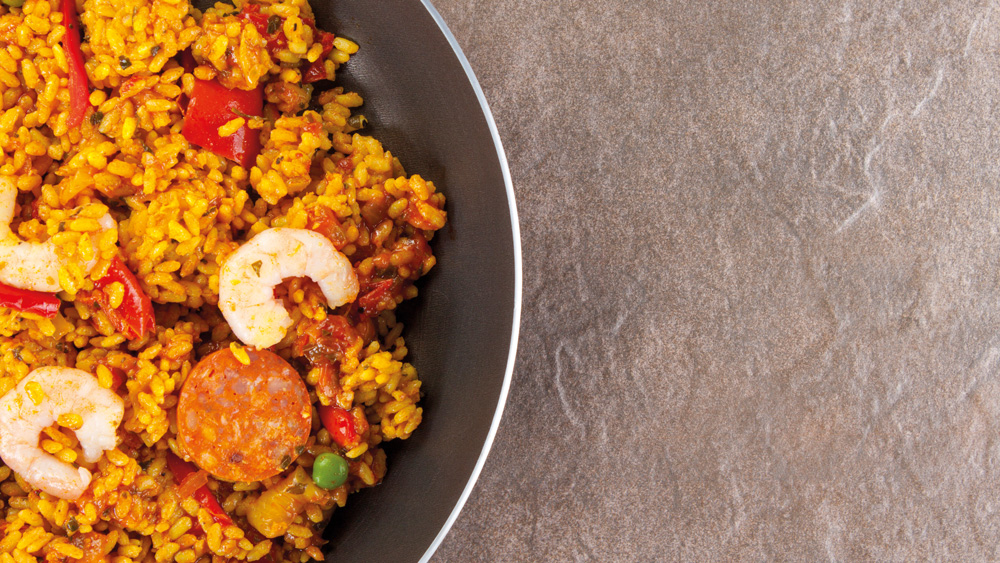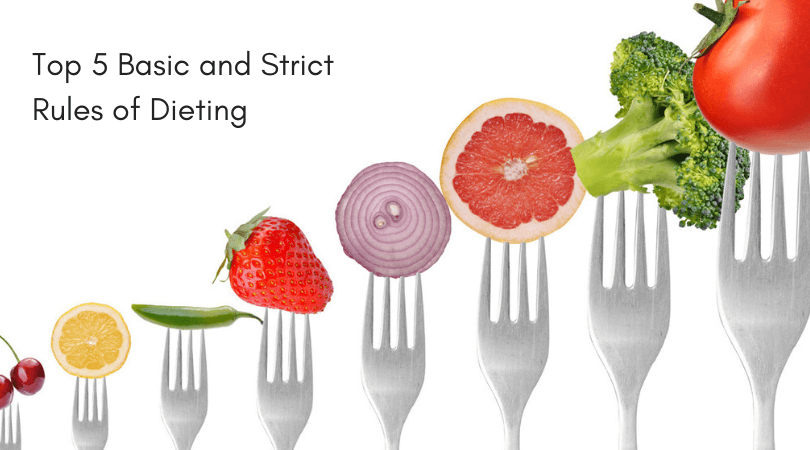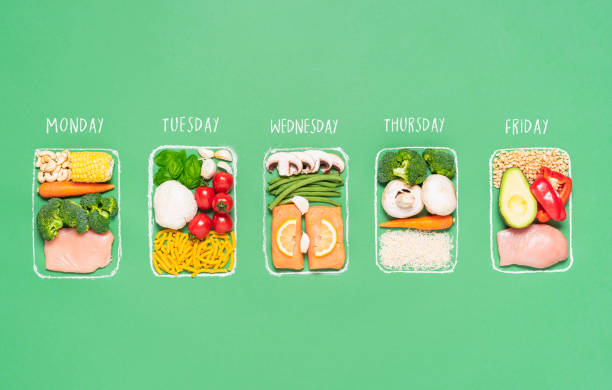The relationship of alcohol use to weight loss in the context of behavioral weight loss treatment PMC
Most people have chips and guac , the tacos themselves (the entrée), and 2+ margaritas—nevermind a dessert. Sign up for our new weekly newsletter, ThePrep, for inspiration and support for all your meal plan struggles. This allows me to not have to worry about calorie- and sugar-filled mixers. Röjdmark S, Calissendorff J, Brismar K. Alcohol ingestion decreases both diurnal and nocturnal secretion of leptin in healthy individuals. Dietary determinants of changes in waist circumference adjusted for body mass index – a proxy measure of visceral adiposity. The association of lifetime alcohol use with measures of abdominal and general adiposity in a large-scale European cohort.
Can I drink alcohol and still lose weight?
Yes, you can drink alcohol and lose weight.
Moderation is important, and so is knowing how to choose drinks that will have the least impact on your weight loss goals.
Women have more subcutaneous fat than men, so those extra fat calories tend to be deposited in their arms, thighs, and buttocks, as well as their bellies. Because men have less subcutaneous fat, they store more in their bellies. Dr. Mike’s work can often be found on newsstands, leading fitness websites, and at your local bookstore.
The effects of alcohol on opioid, serotonergic, and GABAergic pathways in the brain all suggest the potential to increase appetite [62–65]. A summary of the effects of alcohol on important appetite hormones and central neurological pathways in humans can be found in Table2. Poppitt SD, Eckhardt JW, McGonagle J, Murgatroyd PR, Prentice AM. Short-term effects of alcohol consumption on appetite and energy intake. Liu S, Serdula MK, Williamson DF, Mokdad AH, Byers T. A prospective study of alcohol intake and change in body weight among US adults. Choosing to give up alcohol or reduce your intake may allow you to feel better and create meaningful change in your body and overall health. If you’re thinking about the process and creating habits you can maintain, you may also lose weight and keep it off.
Alcohol contains 7 calories per gram, which is more than carbohydrates at 4 calories per gram, but less than fat at 9 calories per gram. Alcohol has also been shown to influence a number of hormones linked to satiety. The results of several studies propose that alcohol may influence energy intake by inhibiting the effects of leptin, or glucagon-like peptide-1 (GLP-1) .
Et al. “Complementary effects of Mediterranean diet and moderate red wine intake on haemostatic cardiovascular risk factors.” European Journal of Clinical Nutrition, 2001. If you or someone you care about is misusing alcohol while dieting or may have an alcohol addiction, contact The Recovery Village Ridgefield today to discuss treatment options. Jules, a VICE contributor and our resident “I’ll try anything once” guy, made the foolish choice to go on an all-alcohol diet for five days. He crafted a detailed meal plan that satisfied all of his daily nutritional needs—kind of like the Soylent diet, except with booze. There is no magical way to tackle belly fat other than the tried-and-true method of cutting calories and getting more physical activity. Monounsaturated fats and so-called “belly fat” diets won’t trim your belly faster than any healthy, low-calorie diet, Jensen says.
Drink dry red wine
Your goal on this diet is to lose weight, so if alcohol compromises your end goal, take that into consideration before indulging in a few too many drinks. In fact, “how much you drink is far more important than what your drink of choice is,” says Rebecca Ditkoff, a New York City-based registered dietitian and founder of Nutrition by RD. According to the Dietary Guidelines for Americans, the recommended limit for men is up to two drinks per day and up to one drink per day for women. Medical News Today has strict sourcing guidelines and draws only from peer-reviewed studies, academic research institutions, and medical journals and associations. We link primary sources — including studies, scientific references, and statistics — within each article and also list them in the resources section at the bottom of our articles. You can learn more about how we ensure our content is accurate and current by reading our editorial policy.
What alcohol is best to drink on a diet?
- Red Wine (105 Calories per 5 oz Serving)
- Light Beer (96 to 100 Calories per 12 oz Serving)
- Dry Vermouth (105 Calories per 3 oz Serving)
- Booze on the Rocks (About 100 Calories per 1.5 oz Serving)
- Champagne (85 Calories per 4 oz Serving)
If you’re at a bar with free happy hour apps or one that serves up goodies, like popcorn or nuts, turn your back on the free fare, or place them out of arm’s reach. Research shows you’ll mindlessly munch if food is right in front of you, without even realizing it, and even if you aren’t hungry. But if it’s out of sight, you’re much less likely to seek it out. Verywell Fit uses only high-quality sources, including peer-reviewed studies, to support the facts within our articles. Read our editorial process to learn more about how we fact-check and keep our content accurate, reliable, and trustworthy.
And while the occasional missed workout isn’t the end of the world, making a habit of it isn’t wise. Almost everybody I speak to on coaching consultations wants to know if they’ll be “allowed” to drink when working with me. Here are 6 drinks that are okay to order, plus mixers to blend in with your liquor of choice. That said, there’s research that shows people who frequently drink small amounts have lower BMIs than people who drink less frequently, but drink more when they do imbibe. Our 31-day calendar of meals and tips shows you how to cook more and love it with fun, family-friendly meals that come together quickly and deliciously.
But “any kind of exercise will help you keep the weight off more effectively than diet alone,” Jensen says. A glass of wine is not a glass filled to the brim, but 5 oz (red wine glasses can hold oz when filled). As a general rule, the higher the alcohol content of a beverage (a.k.a. alcohol by volume or ABV), the more calories, Keith Wallace, founder of the Wine School of Philadelphia, previously told Shape. That means a shot of hard liquor like gin, whiskey, or vodka ( proof) will have about calories per ounce.
The Truth About Alcohol and Your Weight
All of the available studies have examined moderate intake of alcohol, and the majority have reported results on beer and wine intake, but not other forms of alcohol [3•, 5]. Crouse and Grundy looked at the effect of adding 630 kcal/day of alcohol to the diets of 12 men in a metabolic unit. There were no significant changes in weight for normal weight participants over the four-week intervention study. They however noted that about half of the obese participants gained weight, with the largest weight gain being 1.8 kg .
- Body mass index, waist to hip ratio and waist/height in adult Polish women in relation to their education, place of residence, smoking and alcohol consumption.
- All in all, a little bit of alcohol will not throw your entire plan off course.
- Being drunk continued on through yesterday, on to this morning.
- Alcohol has been reported to account for 16% of adult drinkers’ total energy intake in the United States , with men consuming about three times the amount consumed by women .
- If you want a beer, opt for a bottle or can instead of what’s on tap.
- Ailsa’s mission is for everyone she works with to enjoy the journey and that working with a nutritionist should not be a punishment, but your access to a new possibility.
While much attention is paid to the food you eat, it’s equally important to consider what you drink. Weight loss plans nearly always include changes to diet, and cutting back on fruity juices, sugary sodas, and alcoholic beverages can also help lose weight. You should follow the recommended alcohol consumption guidelines, not just while dieting, but in your everyday life. These guidelines include limiting alcohol consumption to one drink a day for women or two a day for men, and only drinking if you are above the legal age. If you are dieting, higher proof alcohol, such as vodka or whiskey, will contain fewer calories and will affect your diet less. It is important to remember that it takes a very small amount of higher proof beverages to get the same amount of alcohol that you would when compared to wine or beer.
How Does Alcohol Affect Weight?
Subsequent analyses were completed using these transformed variables. Furthermore, the amount of alcohol consumed by individuals seeking behavioral weight loss treatment is unclear. Overall, obesity is a multi-factorial condition and it is difficult to truly assess the independent influence of alcohol intake on obesity risk.
Most adult participants of a behavioral weight loss treatment consumed low to moderate levels of alcohol at baseline. In other words, we are likely to eat less nutritious food when drinking and consume more calories from a combination of alcoholic beverages and foods high in unhealthy fats and added sugars. Making changes to your diet for weight loss can be a challenge.




